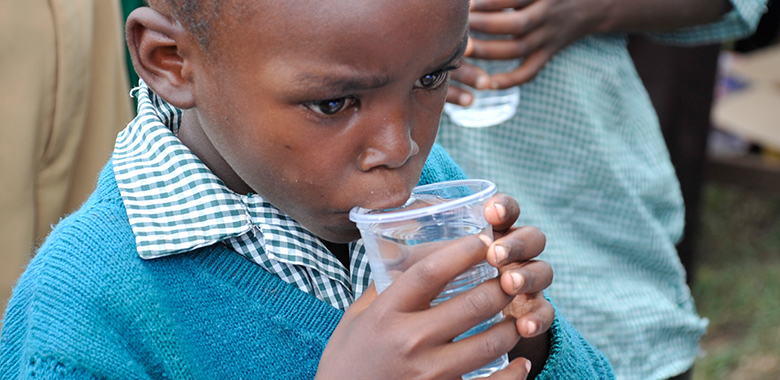Through our cross-business Access to Health approach, we aim to help improve sustainable access to high-quality health solutions for underserved populations and communities in low- and middle-income countries.
-
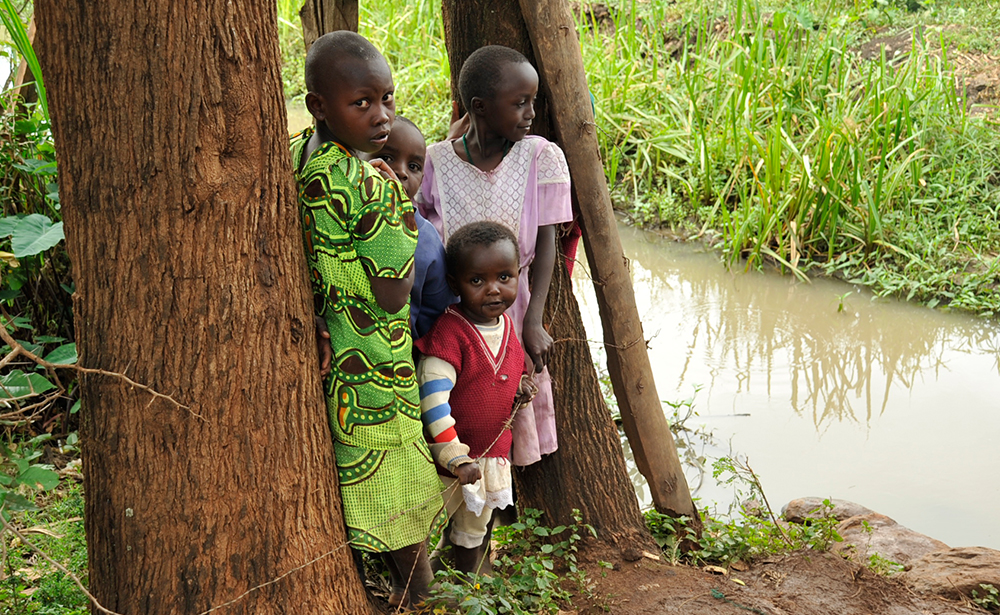
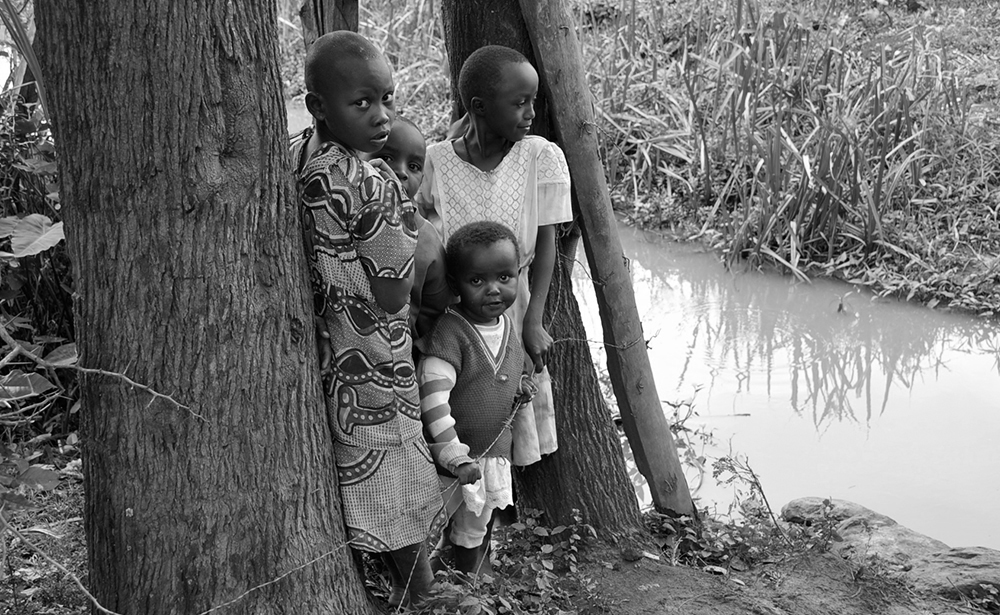
Fighting schistosomiasis
The Challenge
An estimated 249 million people worldwide suffer from the worm disease schistosomiasis, with more than 90% of those affected living in sub-Saharan Africa. This chronic parasitic condition is one of the most devastating neglected tropical diseases in terms of public health burden and economic impact.
249 million people affected
How we're helping
Since 2007, Merck KGaA, Darmstadt, Germany has been partnering with the World Health Organization (WHO) in the fight against schistosomiasis in Africa. We have been donating praziquantel tablets to WHO with the common aim of eliminating the disease in Africa. To date, the company has donated more than 200 million tablets to WHO, and more than 54 million patients have been treated, primarily including children. We have pledged to increase the number of tablets donated to up to 250 million per year. This donation, worth around USD 23 million per annum, will enable 100 million children to be treated annually. At the end of 2014, we called for various NTD constituencies to form the Global Schistosomiasis Alliance in order to help eliminate this disease worldwide.
Praziquantel is the only active ingredient with which all forms of schistosomiasis can be treated. In addition to this, praziquantel is also well-tolerated, which is why WHO has included it on its list of essential drugs. Merck KGaA, Darmstadt, Germany developed praziquantel in the 1970s as part of a joint research collaboration.
54 million children treated
-
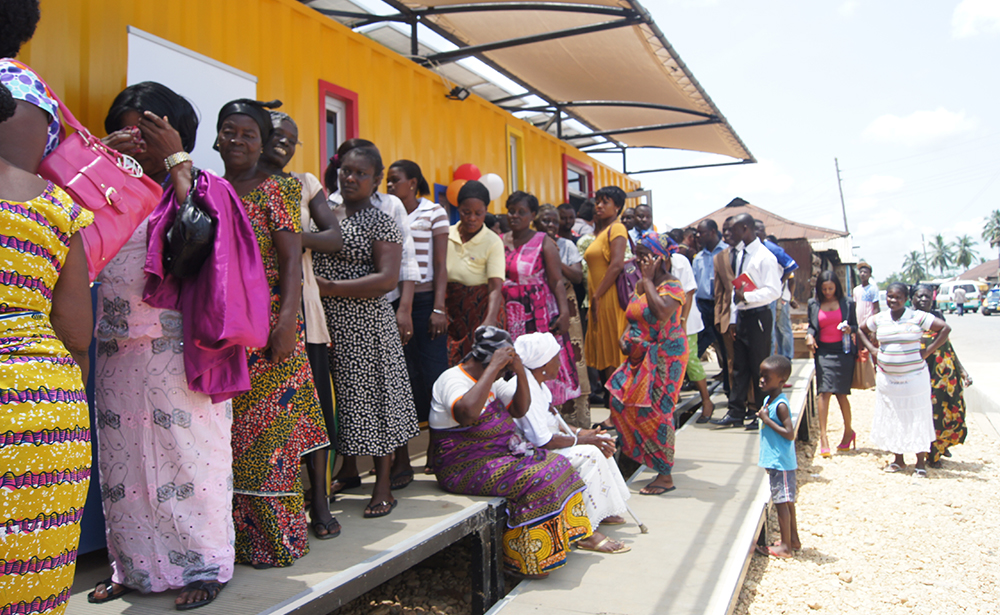
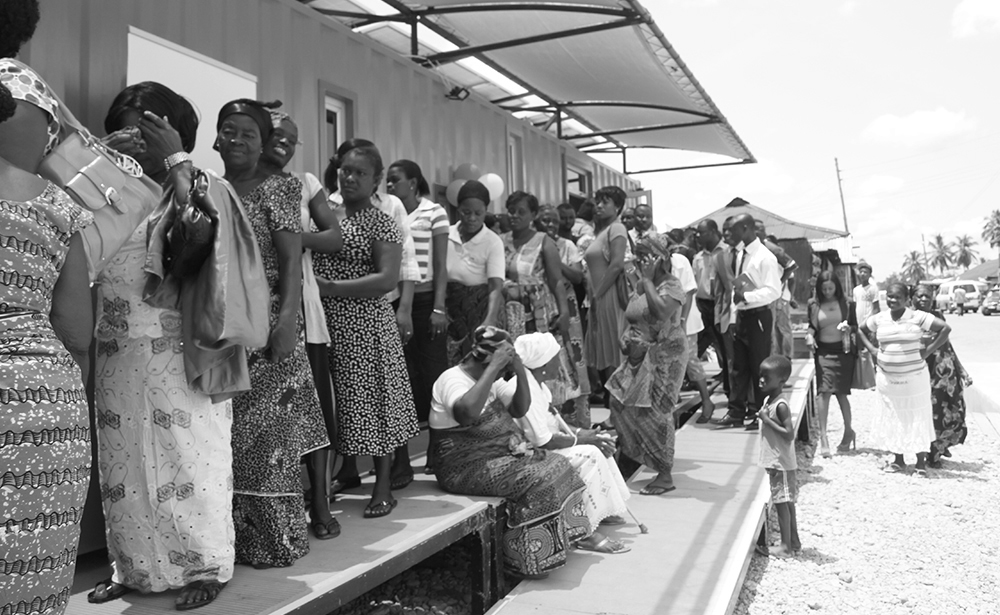
Rural Pharmacy
The Challenge
According to the World Health Organization (WHO), one-third of the world’s population does not have regular access to health care. The majority of those affected live in rural areas of sub-Saharan Africa.
1/3 of the world’s population
lacks access to medicines
How we're helping
As part of its commitment to improving access to health care for these underserved populations, Merck KGaA, Darmstadt, Germany has developed the Rural Pharmacy. This is a 40-foot shipping container that can be transported to rural communities by truck and set up on site with a minimum of effort.
The first of these rural pharmacies has been opened in Ghana and consists of a dispensary, a multipurpose room for vaccinations or medical counseling, and a medicine storeroom with a refrigerator. Solar cells on the roof ensure the constant power supply necessary to continuously refrigerate the medicines. It is also equipped with an atmospheric water generator to produce potable water from the humidity in the air.
A 40-foot container
makes pharmacies mobile
-
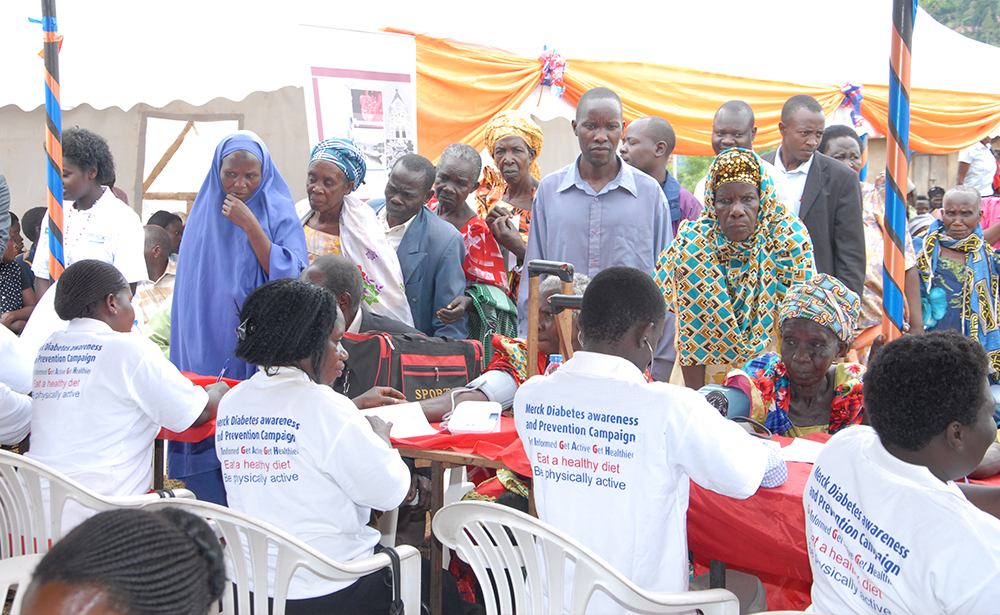
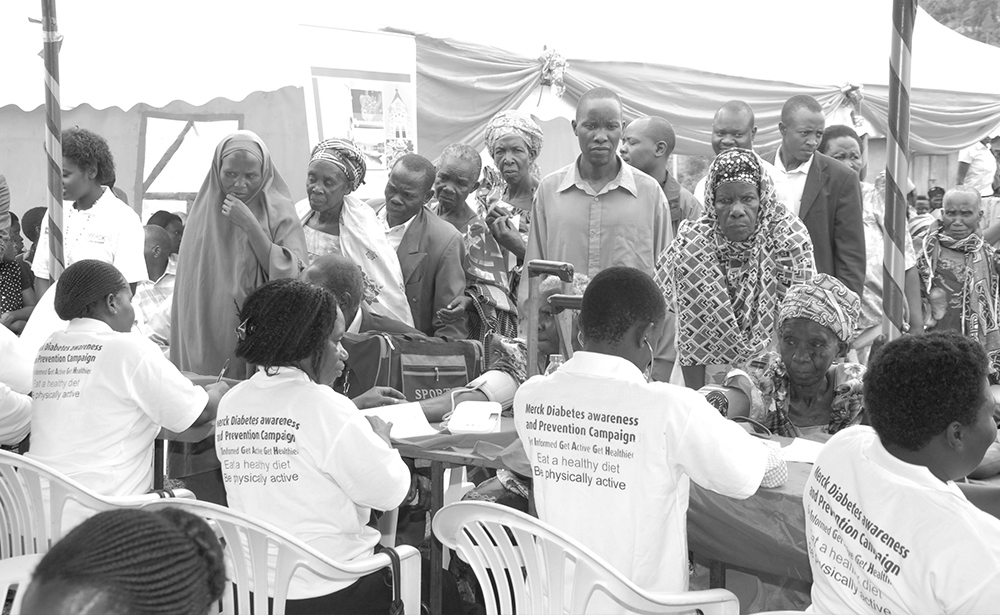
Diabetes prevention
The Challenge
According to estimates, around 382 million people suffer from diabetes across the globe, with low- and middle-income countries accounting for a particularly large percentage of patients. In Africa, for instance, approximately 20 million people have diabetes, around one-third of whom remain unaware of their condition. On top of that, very few patients have adequate access to insulin, syringes, or the medical equipment needed to monitor their blood pressure. They often have a life expectancy of less than a year after being diagnosed.
382 million people affected
How we're helping
Merck KGaA, Darmstadt, Germany is committed to improving the quality of diabetes treatment as well as raising awareness of this disease, especially in low- and middle-income countries. To help achieve this, we established the Capacity Advancement Program (CAP) across Africa, India and Indonesia, doing so in collaboration with ministries of health and academic institutions.
Since launching this program in 2012, we have conducted more than 250 events to boost the profile of diabetes. On top of that, we have provided free diabetes screening and medical check-ups to more than 25,000 people in Kenya, Ghana, Uganda, and India. Additionally, more than 100,000 patient leaflets about diabetes have been distributed at training camps and supermarket chains in Kenya and Uganda. In 2014, around 2,000 pharmacy and medical students in Africa took part in a clinical diabetes management training program that is accredited in Europe. Through the Capacity Advancement Program, we are aiming to reach 15,000 pharmacy undergraduates and medical students in Africa, Asia, the Middle East, and Latin America by 2018.
25,000 patients screened
-
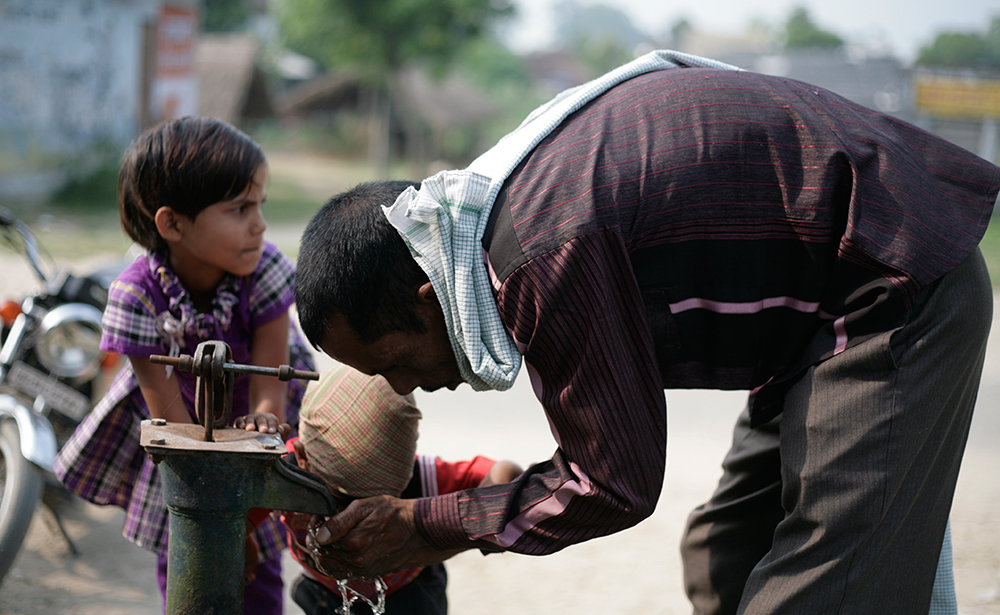
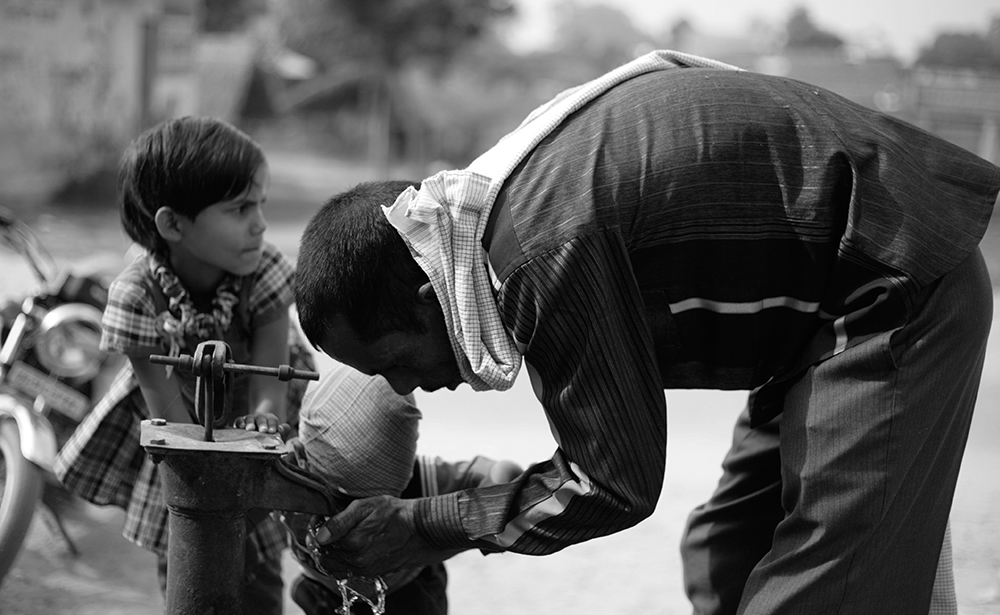
Improving health care in rural India
The Challenge
Around 70% of the one billion inhabitants of India reside in rural areas and have no access to effective, affordable health care. Medical facilities are concentrated in India's megacities, which account for 80% of India's healthcare professionals as well as 70% of the country's hospital beds.
1,675 villages reached
How we're helping
Through the Suswastha Project, a socially responsible business model, Merck KGaA, Darmstadt, Germany is seeking to improve health care for rural populations of India. At community-level weekly meetings, healthcare professionals educate patients about everyday health issues such as coughs and childhood ailments, teaching them ways to prevent these conditions. In addition to this, the program also provides patients with free check-ups and offers continuing education to help local physicians advance their medical capacities. Furthermore, we are partnering with the non-governmental organization FHI 360 as well as the Clinton Foundation, supporting amongst others their fight against diarrheal diseases.
Since the program's start in January 2013, more than 1,675 rural villages in India have benefited from the project, which has now reached half a million patients in total.
500,000 patients have participated

